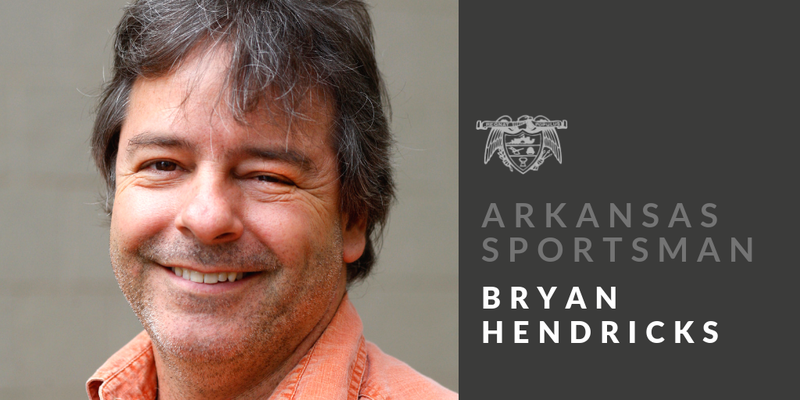Wednesday was the first time I've seen a majority of the Arkansas Game and Fish Commission truly angry.
They are angry because for the third consecutive year, Bayou Meto Wildlife Management Area is near full flood pool as the area's prized oak trees exit winter dormancy. With the Mississippi and Arkansas rivers and their tributaries swollen, water won't soon leave Bayou Meto. Hardwoods do not thrive in standing water, and high water into the growing season will continue to stress trees that are already under extreme duress.
Of course, the water could be pumped out of the WMA if the Bayou Meto Water Management Project were functional. It isn't, even though improving waterfowl habitat is one of the project's stated missions.
Ryan Benefield, deputy director for the Arkansas Natural Resources Commission, attempted to explain why millions of dollars worth of pumping equipment and canals are empty and idle while one of the state's most valuable natural assets slowly drowns.
The Arkansas Natural Resources Commission and the Bayou Meto Irrigation Water Distribution District are the local sponsors for the Bayou Meto Water Management Project. The Army Corps of Engineers is the federal sponsor. Congress authorized the project in 1950 and reauthorized it in 1996. Former Congressman Marion Berry finally kicked it into gear in 2006. Infrastructure has been built, but it isn't doing anything.
Benefield said that Arkansas Natural Resources Commission has no operational authority over the project. He said the ANRC's function is to act as a bank to loan money to principal interests in the Bayou Meto Irrigation Water Distribution District.
Nobody is borrowing money or buying water from the irrigation district, Benefield said. Therefore, funding is not available to complete the drainage project.
Commissioner Joe Morgan of Little Rock wasn't having it. He noted that there are two big pump stations that aren't pumping and miles of dry canals. Furthermore, major drainages are blocked and preventing water from reaching the pump stations.
"Right now we've got about 15,000 thousand acres standing in water with no way to get the water off of it," Morgan said. "Who's going to be responsible for that timber dying?"
"It's tied to income," Benafield said. "We need a commitment for $2 to $2.5 million to clean out the drainages and a commitment from somebody to operate the pump station."
Game and Fish Commissioner Stan Jones of Walnut Ridge, a farmer, wasn't having it.
"It has nothing do with farmers buying water," Jones said. "You're talking about selling water to farmers. We're talking about getting water off our trees."
"When that timber dies, there's going to be a lot of fingers pointing," Morgan said.
I consulted Jim Goodhart, the Game and Fish Commission's lead counsel.
"It looks inevitable that Bayou Meto will experience a landscape-wide timber die-off," I said. "When that happens, using the Black River case as a precedent, who will the Game and Fish Commission sue?"
Goodhart, who usually deflects those kinds of questions, explained that the Black River arguments wouldn't apply to the Bayou Meto situation. In the case of Black River Wildlife Management Area, the AGFC won a major settlement against the Corps of Engineers because the Corps demonstrably put water on the wildlife management area and demonstrably caused widespread timber damage as a result of deviating from its operational plan for Clearwater Lake in Missouri.
A similar argument can be made for timber damage on Henry Gray Hurricane Lake Wildlife Management Area.
At Bayou Meto, an entirely different set of dynamics govern water management, Goodhart said. The problem is not putting water on the area, but the inability to get water off the area.
Ultimately, the Game and Fish Commission is merely an abused partner caught in a bureaucratic web.
Morgan said that when the timber is gone, seedlings will be planted to replace it. Seedlings won't provide huntable timber for at least 20 years, provided sustained flooding doesn't wipe them out, too.
"It's not our fault, but the public will blame us for it," Morgan said.
"When that happens, does the commission just shrug?" I asked.
Goodhart did not answer that question. He only shrugged.
Sports on 03/24/2019
